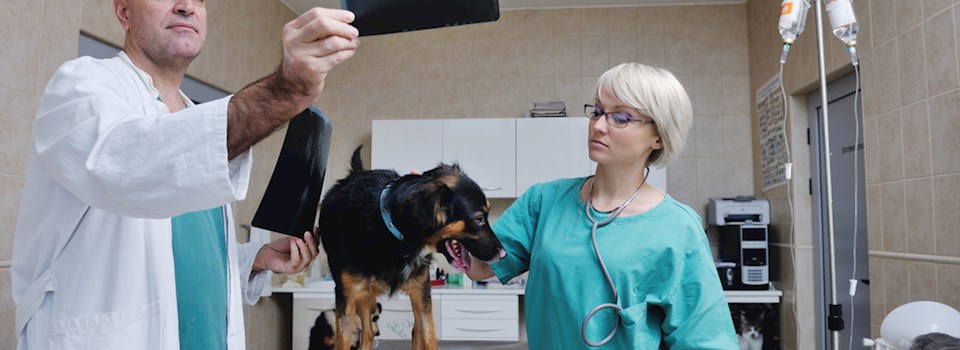The FiSol Perspective
3 Major Ways to Prepare for Veterinary Financing
- April 26, 2021 by Marty Newton
- Read

Over the years, the cost of starting veterinary practices has dramatically increased. Veterinary services are now quite costly due to the improved quality of care and the prolonged life span of pets and other domestic animals.
Veterinary practices require expensive equipment, and the cost of veterinary school itself is high, making the general practice quite an expense. The estimated payment for vet school is over $200,000 for in-state students and $275,000 for out-of-state students. Other than the mentioned factors, the need to make profits also increases fees in the veterinary field.
However, this should not discourage you from studying vet medicine or starting a practice after graduation. But it is crucial for you to plan your finances properly. Becoming an owner of a vet practice will help you make the most out of your degree. Below are a few tips that will help you prepare and obtain veterinary business loans to finance your vet practice.
1. Understanding Your Finances
A veterinary practice loan is quite different from the loans acquired to finance any other business. Most consumer loans make the payment from an alternate source of income. But in a vet practice, the finances to make the payments come from the business. The investments should generate income that is put back into completing the loan. Therefore, your vet practice business should make enough cash to earn income, make savings, and make monthly loan payments.
Before taking the loan, the creditors need to look at your credit and finance history and determine if you are a viable candidate. Your responsibilities will determine how much you earn from the business. The creditors need to make sure that your salary is equally shared between your debt and income, i.e., 50% on both ends. It is, therefore, essential to understand your financial situation.
2. Credit Protection
Your credit reports need to be assessed in detail before you are given a loan. Credit reports detail all the loans you have taken on and how you have paid them back. Before providing your credit report to the loaning institution, go through it with your financial advisor to ensure there are no errors and that they are corrected if present. A slight mistake in your credit report can lead to you being eliminated even though you are a suitable loan recipient. The loaning company determines your ability to pay the loans for veterinary business from your credit report.
3. Consider Different Financing Options
It is essential to understand that there are different veterinary practice loans out there. The lender can assist you in creating a plan that suits your financial status for each of the loan options available. Banks and other financing institutions structure loans differently, meaning the loan terms vary from one organization to another. As a vet requiring veterinary practice loans you should always go for the option that best suits you.
You should also consider getting your veterinary practice loans from an independent advisory firm specializing in concierge financial services for professional practice owners. The advantage of going for this option is that they understand your unique needs and are more likely to offer the most optimal loans and capital structures.
Obtaining finances is among the significant components of owning a vet practice or any other business. Start by organizing your finances and then finding a lender that aligns with your needs. Find one who can also incorporate payment options into your long-term and short-term plans. Contact FiSol DVO if you are looking for more information on financing a veterinary practice.